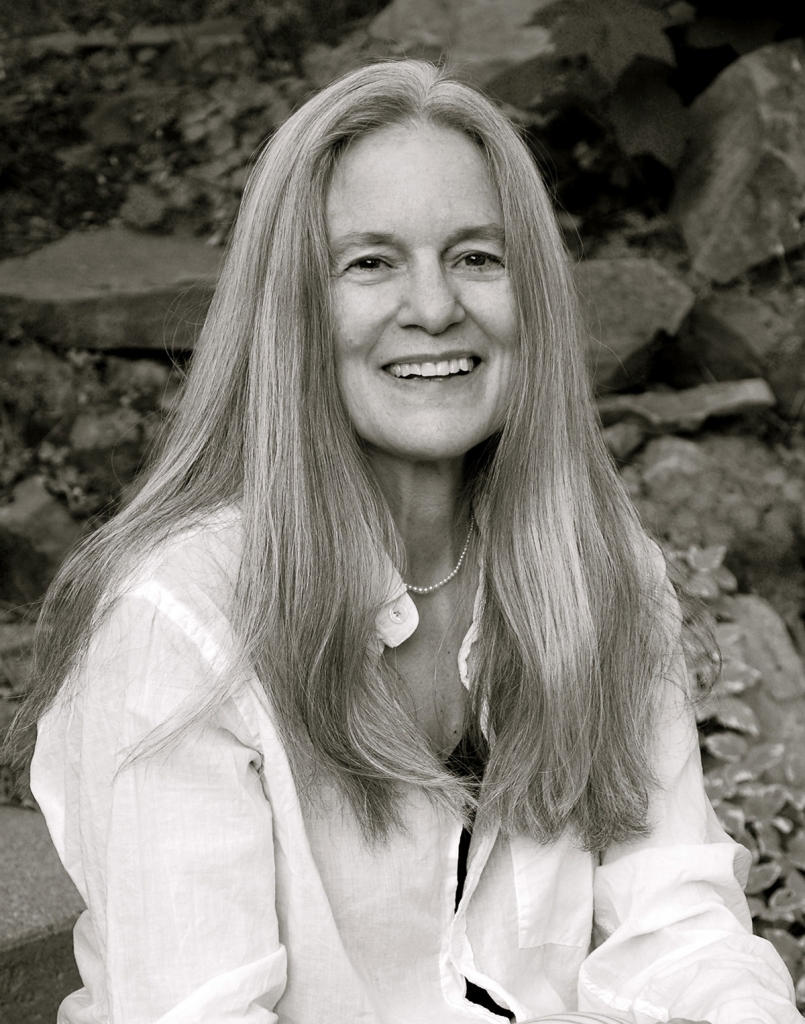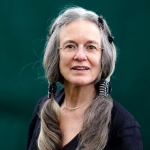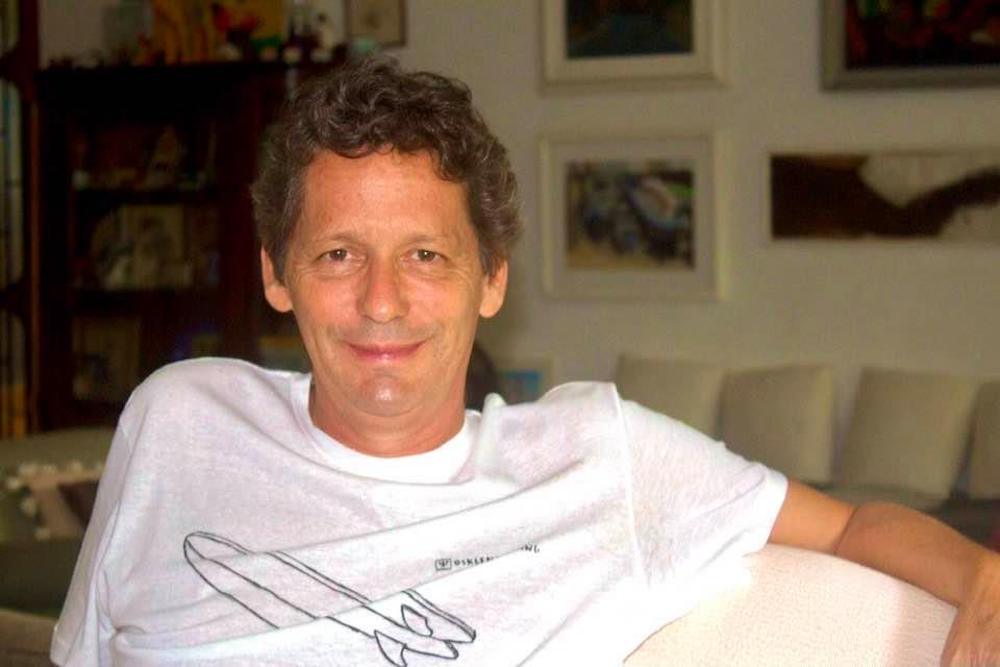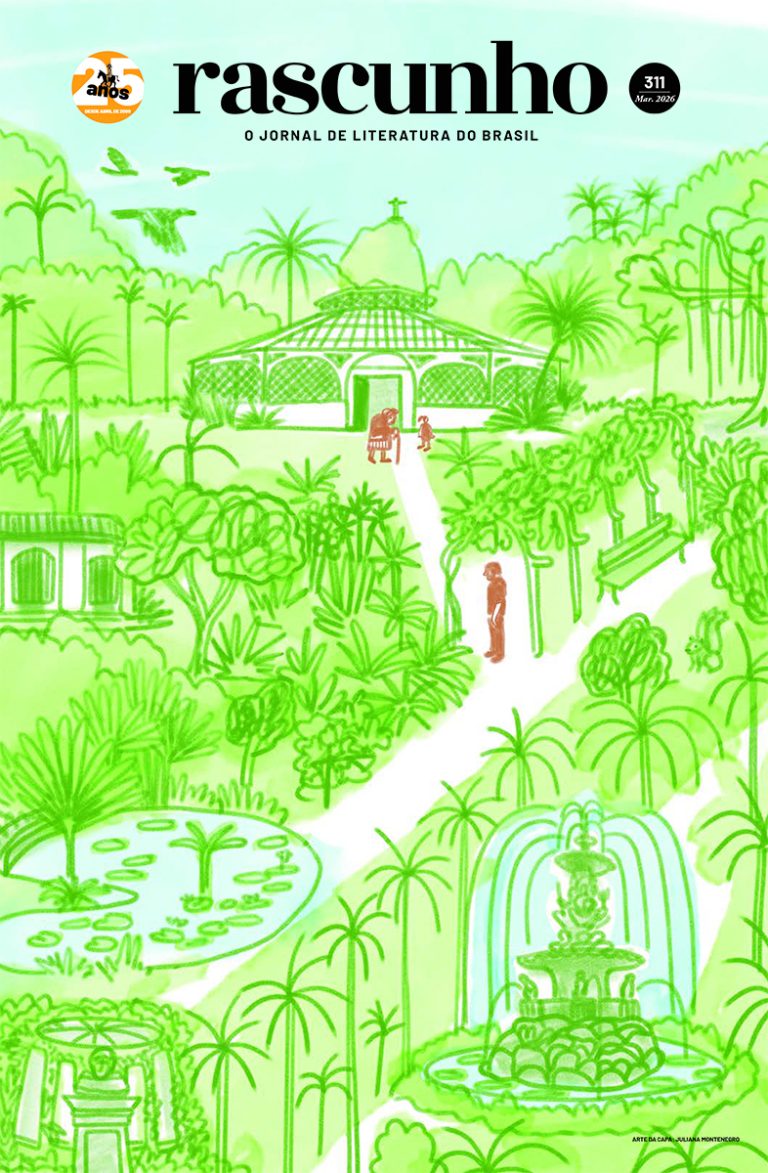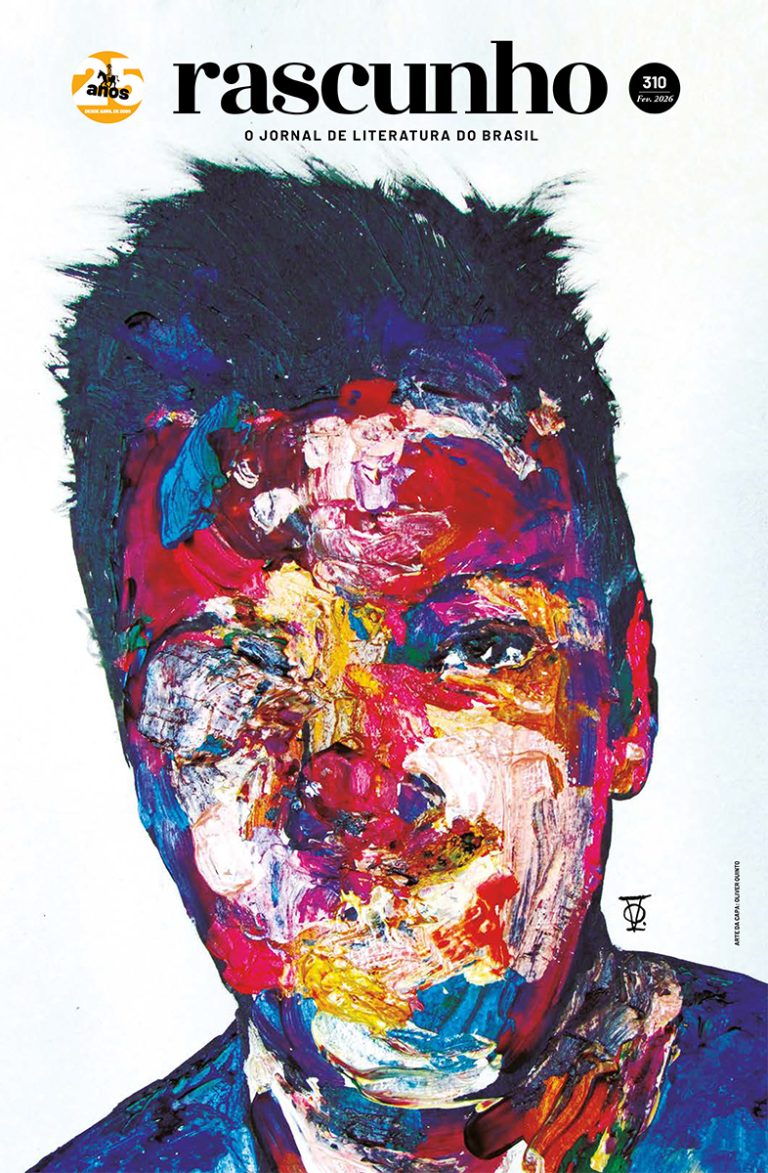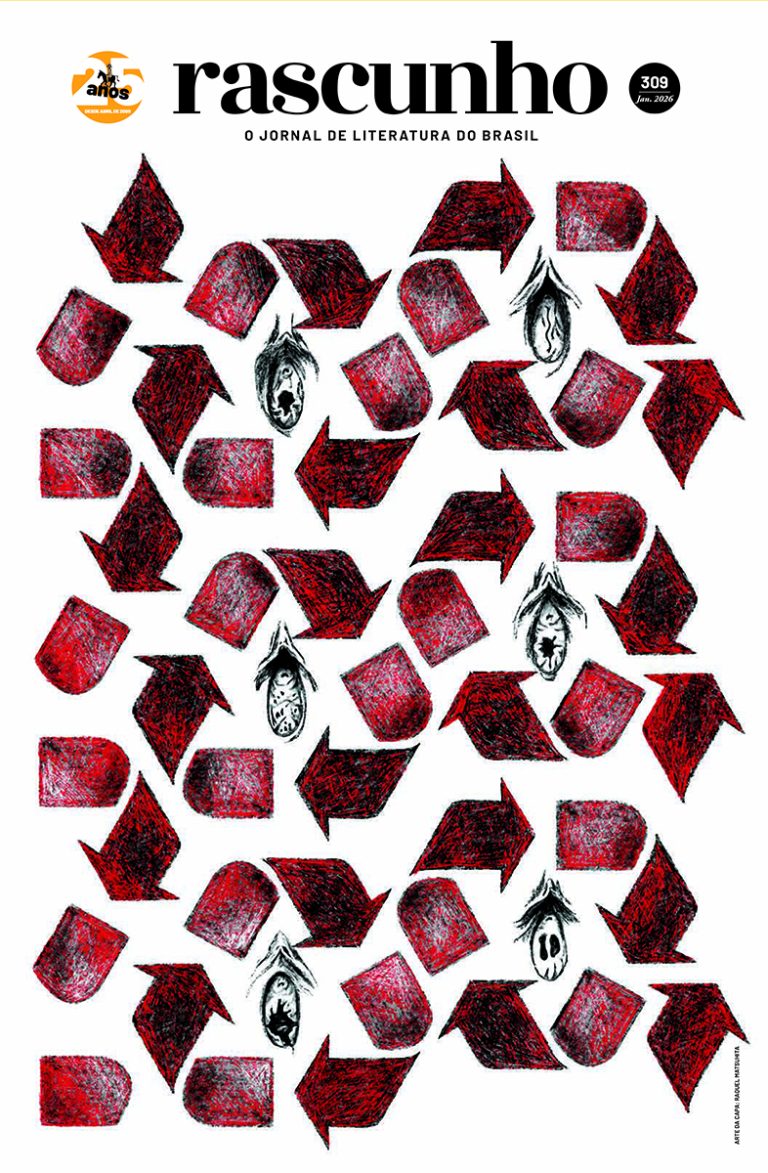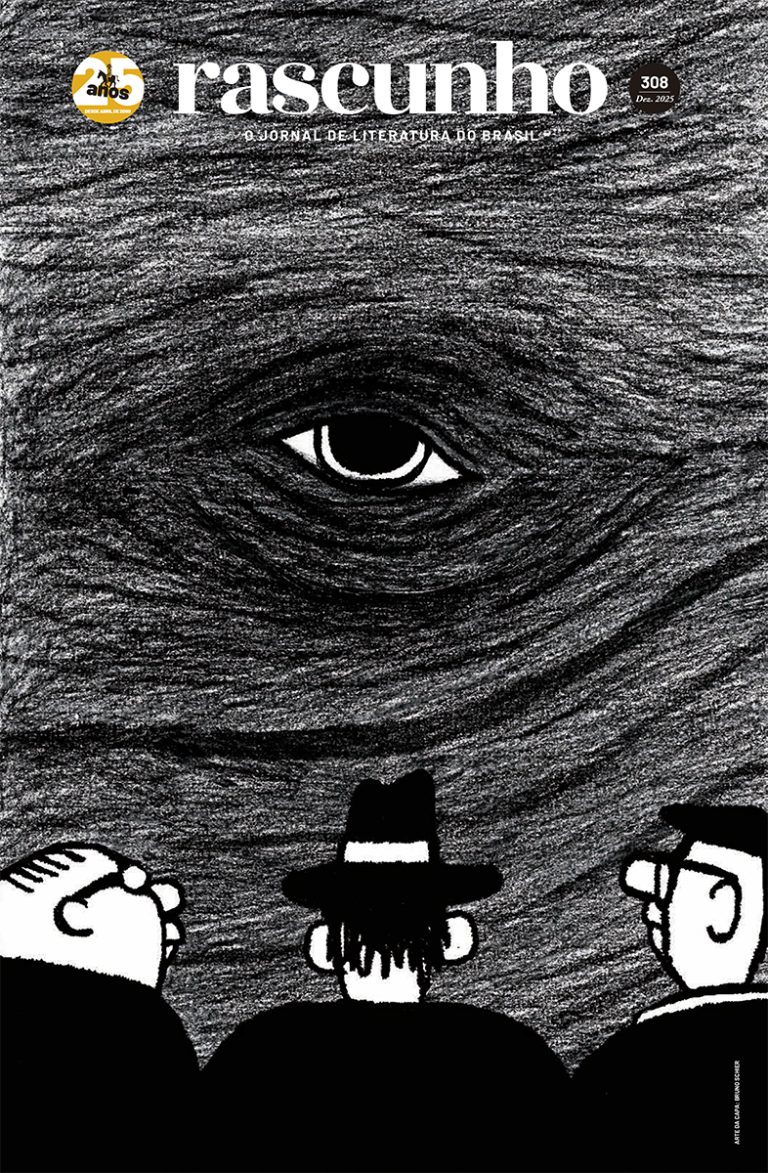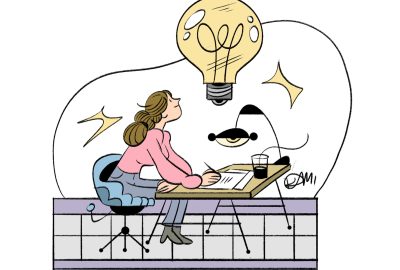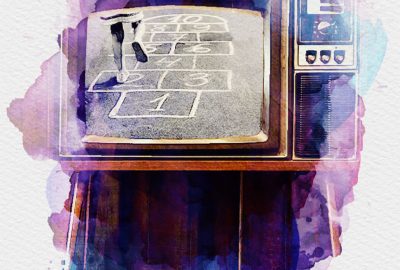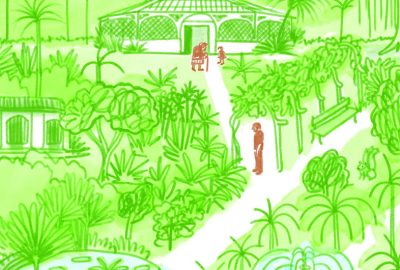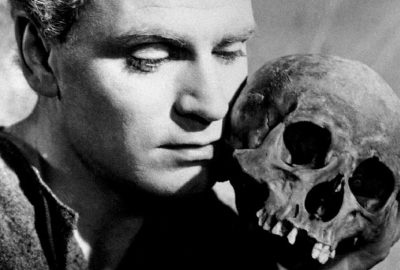Tradução e seleção: André Caramuru Aubert
True love
In the middle of the night, when we get up
after making love, we look at each other in
complete friendship, we know so fully
what the other has been doing. Bound to each other
like mountaineers coming down from a mountain,
bound with the tie of the delivery room,
we wander down the hall to the bathroom, I can
hardly walk, I wobble through the granular
shadowless air, I know where you are
with my eyes closed, we are bound to each other
with huge invisible threads, our sexes
muted, exhausted, crushed, the whole
body a sex—surely this
is the most blessed time of my life,
our children asleep in their beds, each fate
like a vein of abiding mineral
not discovered yet. I sit
on the toilet in the night, you are somewhere in the room,
I open the window and snow has fallen in a
steep drift, against the pane, I
look up, into it,
a wall of cold crystals, silent
and glistening, I quietly call to you
and you come and hold my hand and I say
I cannot see beyond you. I cannot see beyond it.
Amor verdadeiro
No meio da noite, quando nos levantamos
depois de transar, olhamos um para o outro em
completa intimidade, sabemos muito bem
o que o outro estava fazendo. Apoiados um no outro
como alpinistas descendo a montanha,
amarrados com o vínculo da sala de parto,
vagamos pelo corredor até o banheiro, eu mal
consigo andar, cambaleio através do ar denso,
sem sombras, e sei onde você está,
meus olhos cerrados, atados um ao outro,
por fios enormes e invisíveis, nossos sexos
calados, exaustos, esmagados, o corpo
inteiro o sexo — com certeza este é
o momento mais abençoado da minha vida,
nossos filhos dormindo em suas camas,
cada destino como um veio mineral
por ser descoberto. Eu me sento
na privada, à noite, você está em algum lugar por ali,
abro a janela e nevava de um jeito
vertical, batendo na vidraça,
olho para aquilo, para dentro daquilo,
uma parede de cristais gelados, silenciosos
e luminosos, eu sussurro por você
e você vem e segura minhas mãos e eu digo
que não posso ver além de você. Não posso ver além daqui.
…
His ashes
The urn was heavy, small but so heavy,
like the time, weeks before he died,
when he needed to stand, I got my shoulder
under his armpit, my cheek against his
naked freckled warm back
while she held the urinal for him—he had
lost his body weight
and yet he was so heavy we could hardly hold him up
while he got the fluid out, crackling and
sputtering like a wet fire. The urn had that
six-foot heaviness, it began
to warm in my hands as I held it, under
the fir tree, stroking it.
The shovel got the last earth
out of the grave—it must have made that
kind if gritty iron noise when they
scraped his ashes out of the grate—
the others would be here any minute and I
wanted to open the urn as if then
I would finally know him. On the wet lawn,
under the cones cloaked in their rosin, I
worked at the top, it gave and slipped off and
there it was, the actual matter of his being:
small, speckled lumps of bone
like eggs; a discolored curve of bone like a
fungus grown around a branch;
spotted pebbles—and the spots were the channels of his marrow
where the live orbs of the molecules
swam as if by their own strong will
and in each cell the chromosomes
tensed and flashed, tore themselves
away from themselves, leaving their shining
duplicates. I looked at the jumble
of shards like a crushed paper-wasp hive:
was that a bone of his wrist, was that from the
elegant knee he bent, was that
his jaw, was that from his skull that at birth was
flexible yet—I looked at him,
bone and the ash it lay in, chromium-
white as the shimmering coils of dust
the earth leaves behind it, as it rolls, you can
hear its heavy roaring as it rolls away.
As cinzas dele
A urna era pesada, pequena mas bem pesada,
como o tempo, semanas antes de morrer,
quando ele precisava se levantar, eu punha meu ombro
sob sua axila, minha bochecha contra suas
quentes costas sardentas
enquanto ela segurava o urinol para ele — ele havia
perdido metade de seu peso
mas ainda era tão pesado que eu mal podia segurá-lo
enquanto ele deixava o fluído sair, estalando e
crepitando como fogo molhado. A urna carregava aquele
peso de um metro e oitenta e cinco, e começou
a esquentar em minhas mãos enquanto eu a segurava, sob
o abeto, sacudindo.
A pá tirou do jazigo
o último torrão — deve ter feito aquele
típico barulho metálico e arenoso quando
recolheram as cinzas da grelha —
os demais chegariam a qualquer minuto e eu
gostaria de abrir a urna como se então
finalmente o conhecesse. Na relva molhada,
sob os pinheiros envoltos em suas resinas,
eu mexi em cima, ela cedeu e escorregou e
lá estava, a verdadeira matéria de seu ser:
pequeninos fragmentos de ossos salpicados
como ovos; um osso curvo descolorido como
fungo crescido em volta de um galho;
seixos manchados — e os pontos eram os canais de sua medula
onde as esferas vivas das moléculas
nadavam como se por forte vontade própria
e em cada célula os cromossomos
se tensionavam e brilhavam, separando-se
de si mesmos e deixando suas cintilantes
réplicas. Eu olhei para a bagunça
de cacos como se fosse uma colmeia de vespas esmagada:
seria aquilo um osso de seu punho, seria do
elegante joelho que ele dobrava, seria
sua mandíbula, seria de seu crânio que, ao nascer,
ainda era mole — eu olhei para ele, para os
ossos e cinzas em que ele estava, de brancura-
cromo tais como as cintilantes espirais de poeira
que a terra deixa atrás de si ao girar, e é possível
ouvir seu pesado rugido enquanto ela gira.
…
When
I wonder, now, only when it will happen,
when the young mother will hear the
noise like somebody’s pressure cooker
down the block, going off. She’ll go out in the yard,
holding her small daughter in her arms,
and there, above the end of the street, in the
air above the line of the trees,
she will see it rising, lifting up
over our horizon, the upper rim of the
gold ball, large as a giant
planet starting to lift up over ours.
She will stand there in the yard holding her daughter,
looking at it rise and glow and blossom and rise,
and the child will open her arms to it,
it will look so beautiful.
Quando
Imagino, agora, somente quando vai acontecer,
quando a jovem mãe ouvirá o
ruído igual ao de uma panela de pressão
na vizinhança, parando. Ela sairá para o quintal,
carregando nos braços sua filhinha,
e lá, acima do fim da rua, no ar
acima da linha das árvores,
ela o verá subindo, erguendo-se
sobre o nosso horizonte, a borda de cima da
bola dourada, grande como um gigantesco
planeta começando a se levantar sobre o nosso.
Ela permanecerá no quintal segurando a filha,
observando-o subir e brilhar e florescer e subir,
e a criança abrirá os braços para ele,
será tão lindo.
…
Miscarriage
When I was a month pregnant, the great
clots of blood appeared in the pale
green swaying water of the toilet,
brick red like black in the salty
translucent brine, like forms of life
appearing, jellyfish with the clear-cut
shapes of fungi.
That was the only appearance made
by that child, the rough, scalloped shapes
falling slowly. A month later
our son was conceived, and I never went back
to mourn the one who came as far as the
sill with its information: that we could
botch something, you and I. All wrapped in
purple it floated away, like a messenger
put to death for bearing bad news.
Aborto
Quando eu estava grávida de um mês, grandes
coágulos de sangue, na pálida
e verde água ondulante da privada,
vermelhos-tijolo em salgada
e translúcida salmoura, como se fossem formas
de vida surgindo, águas-vivas com nítidos
contornos de cogumelo.
Foi a única vez que aquela criança esteve
presente, as formas rústicas e recortadas
caindo lentamente. Um mês depois
nosso filho foi concebido, e jamais voltei
a prantear a que só conseguiu vir até a soleira,
dizendo que nós éramos capazes
de estragar as coisas, você e eu. Bem embrulhada em
púrpura, ela se foi, como um mensageiro
condenado à morte pelas más notícias que trouxe.
…
What is the Earth?
The earth is a homeless person. Or
the earth’s home is the atmosphere.
Or the atmosphere is the earth’s clothing,
layers of it, the earth wears all of it,
the earth is a homeless person.
Or the atmosphere is the earth’s cocoon,
which it spun itself, the earth is a larvum.
Or the atmosphere is the earth’s skin—
earth, and atmosphere, one
homeless one. Or its orbit is the earth’s
home, or the path of the orbit just
a path, the earth a homeless person.
Or the gutter of the earth’s orbit is a circle
of hell, the circle of the homeless. But the earth
has a place, around the fire, the hearth
of our star, the earth is at home, the earth
is home to the homeless. For food, and warmth,
and shelter, and health, they have earth and fire
and air and water, for home they have
the elements they are made of, as if
each homeless one were an earth, made
of milk and grain, like Ceres, and one
could eat oneself—as if the human
were a god, who could eat the earth, a god
of the homelessness.
O que é a Terra?
A terra é uma pessoa sem-teto. Ou
o lar da terra é a atmosfera.
Ou a atmosfera é a roupa da terra,
camadas de roupas, a terra veste todas elas,
a terra é uma pessoa sem-teto.
Ou a atmosfera é o casulo da terra,
que ela mesmo teceu, a terra é uma larva.
Ou a atmosfera é pele da terra —
terra, e atmosfera, uma pessoa
sem-teto. Ou a órbita é a casa da
terra, ou a trilha da órbita é apenas
trilha, a terra uma pessoa sem-teto.
Ou a calha da órbita da terra é um círculo
do inferno, o círculo dos sem-teto. Mas a terra
tem um lugar, em volta do fogo, o forno
de nossa estrela, a terra está em casa, a terra
é lar para os sem-teto. Para comida, e calor,
e abrigo, e saúde, eles têm terra e fogo
e ar e água, como lar eles têm
os elementos de que são feitos, como
se cada pessoa sem-teto fosse uma terra, feita
de leite e grãos, como Ceres, e se pudesse
comer a si mesmo — como se o humano
fosse um deus que pudesse comer a terra, um deus
dos que não têm teto.
…
Still life in landscape
It was night, it had rained, there were pieces of cars and
half-cars strewn, it was still, and bright,
a woman was lying on the highway, on her back,
with her head curled back and tucked under her shoulders
so the back of her head touched her spine
between her shoulder blades, her clothes
mostly accidented off, and her
leg gone, a tall bone
sticking out of the stub of her thigh —
this was her abandoned matter,
my mother grabbed my head and turned it and
clamped it into her chest, between
her breasts. My father was driving—not sober
but not in this accident, we’d approached it out of
neutral twilight, broken glass
on wet black macadam, an underlying
midnight abristle with stars. This was
the world—maybe the only one.
The dead woman was not the person
my father had recently almost run over,
who had suddenly leapt away from our family
car, jerking back from death,
she was not I, she was not my mother,
but maybe she was a model of the mortal,
the elements ranged around her on the tar—
glass, bone, metal, flesh, and the family.
Natureza morta na paisagem
Era noite, havia chovido, havia pedaços de carros e
meios carros espalhados, estava calmo, e brilhava,
uma mulher jazia na estrada, de costas,
sua cabeça enrolada pra trás e dobrada sobre os ombros,
com a parte de trás da cabeça encostando nas costas
entre as omoplatas, suas roupas quase
totalmente arrancadas, e sem
a perna, um osso alto saindo do toco de sua coxa —
aquilo era sua matéria abandonada,
minha mãe agarrou minha cabeça e a virou para
o outro lado, e a enfiou em seu peito, entre
os seios. Meu pai dirigia — não estava sóbrio,
mas não foi parte no acidente, chegamos ali
sob um neutro crepúsculo, vidro quebrado sobre
o asfalto escuro, uma profunda meia-noite
salpicada de estrelas. Este era
o mundo — talvez o único que existia.
A mulher morta não era a pessoa
que meu pai há pouco quase atropelara,
que repentinamente escapara de nosso,
carro, recuando da morte,
não era eu, não era minha mãe,
mas quem sabe fosse um projeto de mortais,
os elementos rangendo em volta dela no alcatrão —
vidro, osso, metal, carne, e a família.

